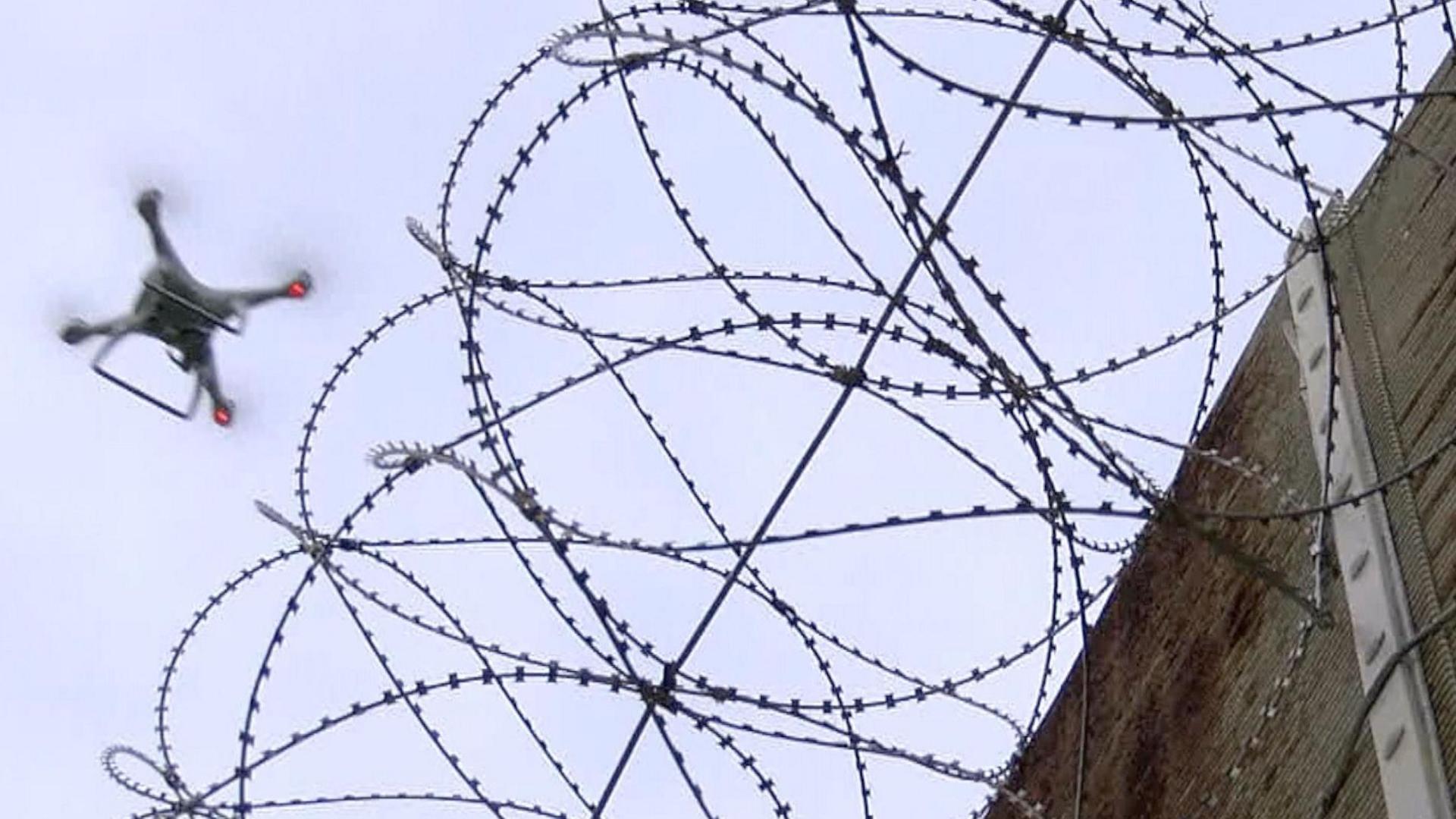'I helped injured cellmate after spice drug overdose'

Chris Buckland witnessed prisoners injuring themselves after taking spice, a synthetic drug which mimics the effect of cannabis
- Published
Prisoners are injuring themselves and collapsing in their cells after taking spice, a former inmate has said, as he shared harrowing examples of drug abuse in jails.
Chris Buckland said he had helped save the lives of two prisoners who reacted badly to the synthetic substance, while a former prison worker said she had been asked to smuggle items in.
Data shows there were 21,145 incidents of drugs being found in jails across England and Wales last year - a 44% increase.
The government has said the latest figures reveal a crisis it inherited and it is "supporting prisoners by enabling recovery, reducing demand, and restricting supply".
Mr Buckland, who overcame a drug addiction after his release from jail 16 months ago and now lives in Reading, said he had had to react quickly when a 19-year-old prisoner seriously injured himself after having an adverse reaction to the drug.
"I will never forget the fear in his eyes, as I was trying to calm him down and get the prison officers to open the door," he said.
"I put him in the recovery position. He was fitting so bad, he'd almost rolled off the bed. He bit through his tongue and there was blood everywhere."
He said it had happened again with another prisoner 10 days later.

Mr Buckland described prisoners becoming unwell after taking drugs in their cells
He described another inmate standing and waiting with a dinner plate for two hours after the canteen had closed.
"He was literally just like a zombie," he said. "He was stood staring at the wall with a plate in his hand.
"The whole wing had been fed and gone back to their cells, and he was still just stood there."
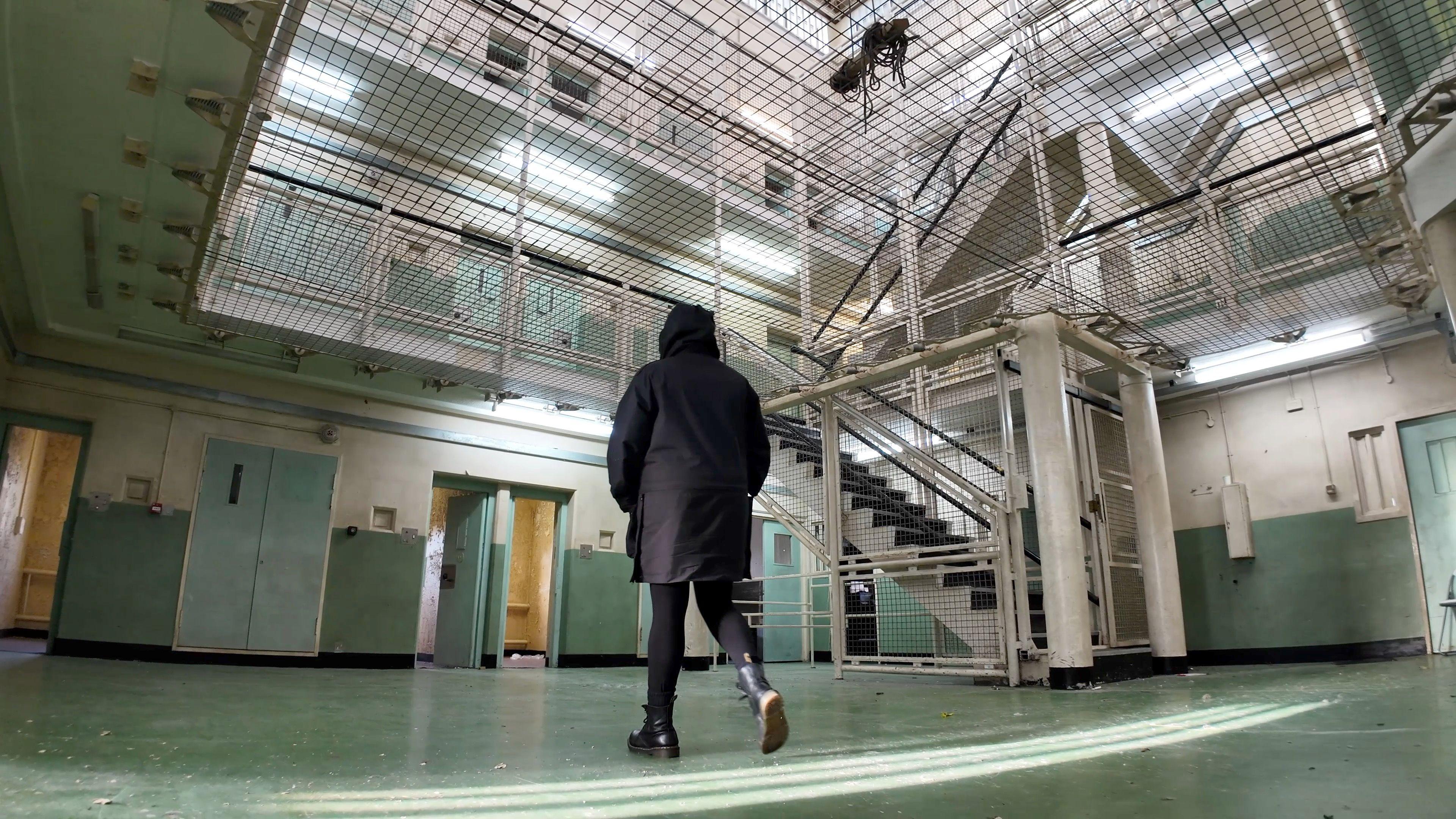
A former prison worker has described prisoners turning to drugs after being locked up for too long
Concerns about the scale of drug use and supply have been highlighted recently by the Chief Inspector of Prisons Charlie Taylor.
Mr Taylor told the Justice Select Committee that "high levels of drug misuse typically correlate with increased violence, self-harm, and poor safety outcomes".
He has also warned about the level of drugs being supplied into prisons using drones.
Last year, BBC South East revealed how the number of drone sightings near jails had risen nearly 10-fold since 2019.
The BBC has discovered that 51 prison officers have been dismissed between 2020 and 2024 on suspicion of smuggling drugs into jails.
A record number of staff were also sacked for misconduct in the year to June 2024.
Joan - not her real name - was a prison worker in the South East, who quit the service last year.
She said: "I've been asked to bring stuff in and it's tempting, especially when you're not being paid a lot of money.
"You can triple your wages but then they've got you. It's just not worth the risk.
"But I do think some people would be easily corrupted, especially ones with debt."
Joan said drugs were the driver of a prison's black market economy.
"Drugs are absolutely everything. It's just rife," she said.
Meanwhile, a paramedic working in the south of England, who spoke on the condition of anonymity, said he had been called out more to jails.
He said: "You visit a prison at least once a month where I currently work. Where I used to work, it was about once every six weeks.
"I managed to go three times in one day during a 12-hour shift.
"Drug use, especially spice use, is a massive issue."
The London Ambulance Service has seen an increase in call-outs to prisons over the last two years.
It said there had been 149 incidents during 2024-25 where one of the service's ambulances had attended a prison for a suspected drug overdose, up from 57 cases in 2022-23.
The South East Coast Ambulance service said it had attended 63 prison incidents where drugs were thought to have been involved in 2023-24, up from 20 the year before.
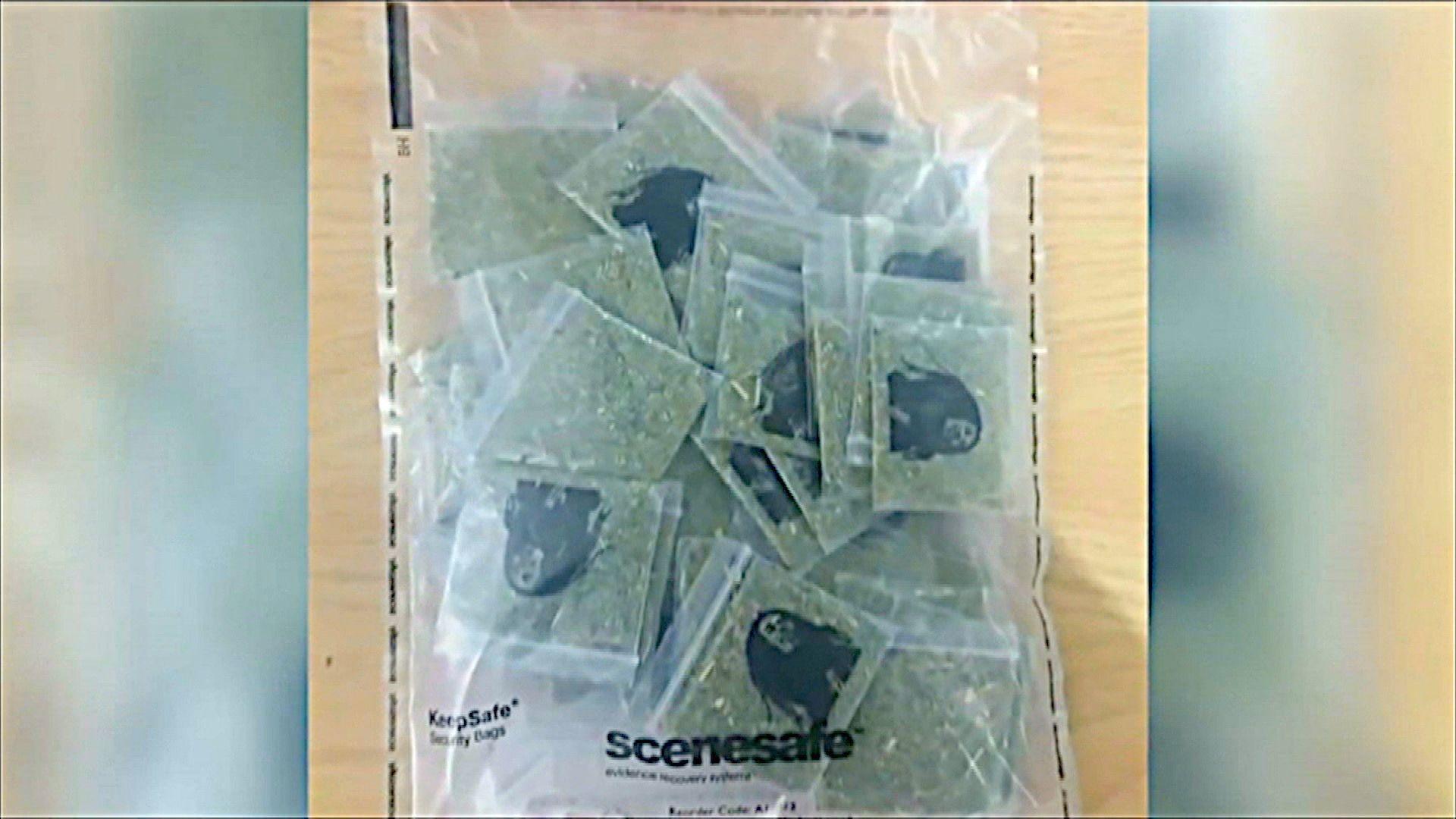
Spice is the name used for a group of man-made drugs called synthetic cannabinoids
Emergency services were called when three staff and three inmates fell ill at HMP Lewes, in Sussex, in March last year, after suffering from suspected food poisoning caused by a synthetic cannabinoid.
Sussex Police said detectives had carried out a thorough investigation to establish where this substance had come from.
They said that after exhausting all lines of enquiry, the source of the substance had not been detected.
Meanwhile, police are still investigating reports that some staff were affected by spice at HMP Swaleside, in Kent, in May last year.
What is Spice?
Spice is the name for a group of drugs called synthetic cannabinoids - very strong man-made cannabis.
There are hundreds of different synthetic cannabinoids, with some being more potent, more toxic and more dangerous than others.
Side effects including nausea, mood swings and a loss of muscle coordination.
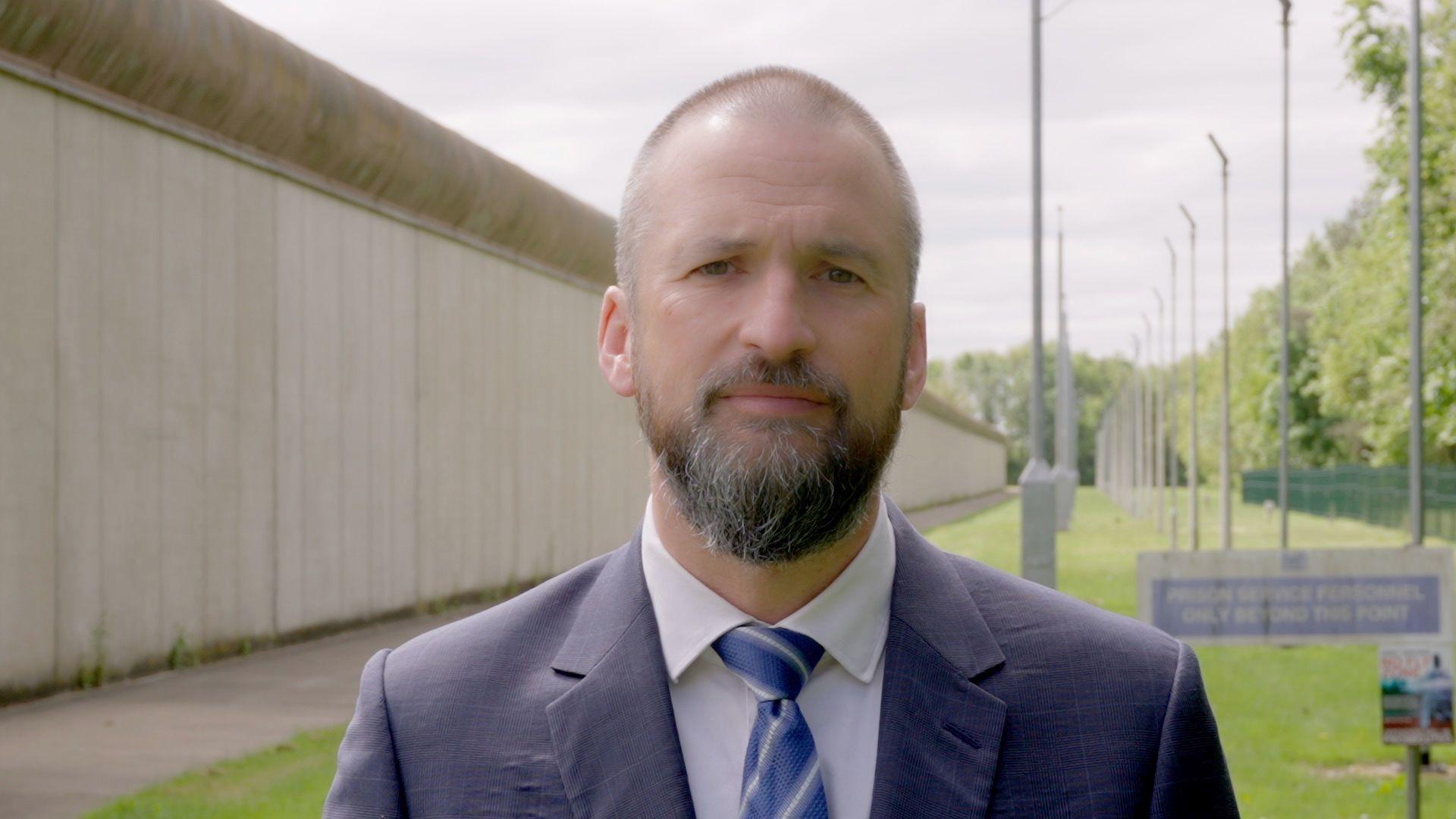
Tom Wheatley, president of the Prison Governors' Association, said more drugs were being discovered
The prison service said it was using a range of countermeasures to prevent drug smuggling, including X-ray body scanners, detection dogs and drug trace detection equipment.
It said re-offending rates were lower among offenders who had successfully completed treatment behind bars.
Tom Wheatley, president of the Prison Governors' Association, said rehabilitation in prison was key.
He said: "Not only do drugs cause problems in terms of safety, because prisoners take them and become unwell, but they also drive violence.
"Prisons are meant to be places of rehabilitation and reform, so if people continue to use illegal drugs they are not being effectively rehabilitated or reformed."
Mike Trace, chief executive of the Forward Trust, which supports people overcoming addictions, said the prison service needed to take more action.
He said: "This can be done through proactive management of drug recovery wings in every prison and giving prisoners incentives to stay away from the drug market, and getting treatment for their addiction."
Paula Harriett, chief executive of Unlock, a charity that supports ex offenders, said: "We need to ensure people do get the support they need to get off drugs and to access the support they need to live better lives."
A Ministry of Justice spokesperson said: "Prisons are doing more to support prisoners with drug dependencies, with a new focus on enabling recovery, reducing demand, and restricting supply."
If you are affected by any of these issues, help and support is available via the BBC Action Line here.
Follow BBC Sussex on Facebook, external, on X, external, and on Instagram, external. Send your story ideas to southeasttoday@bbc.co.uk , external or WhatsApp us on 08081 002250.
- Published14 November 2024

- Published4 June
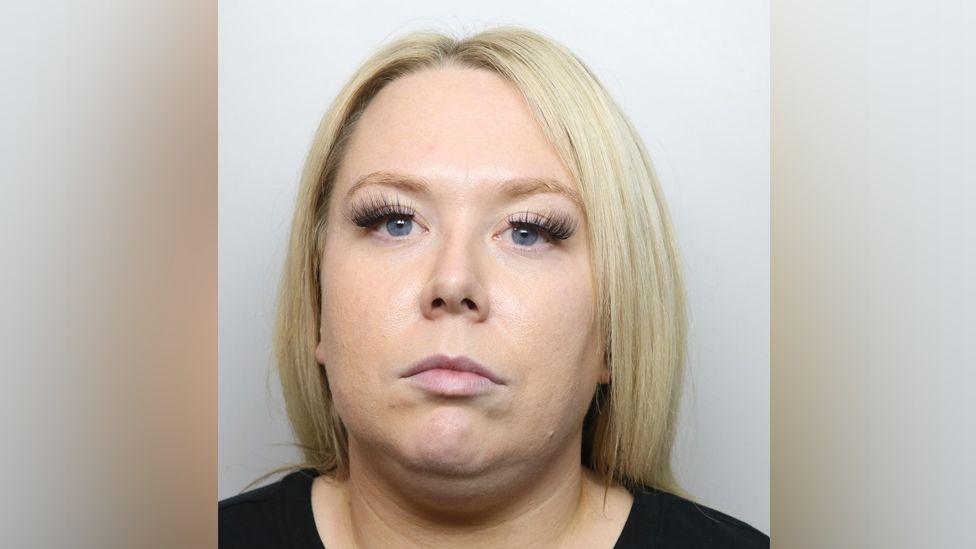
- Published26 November 2024
